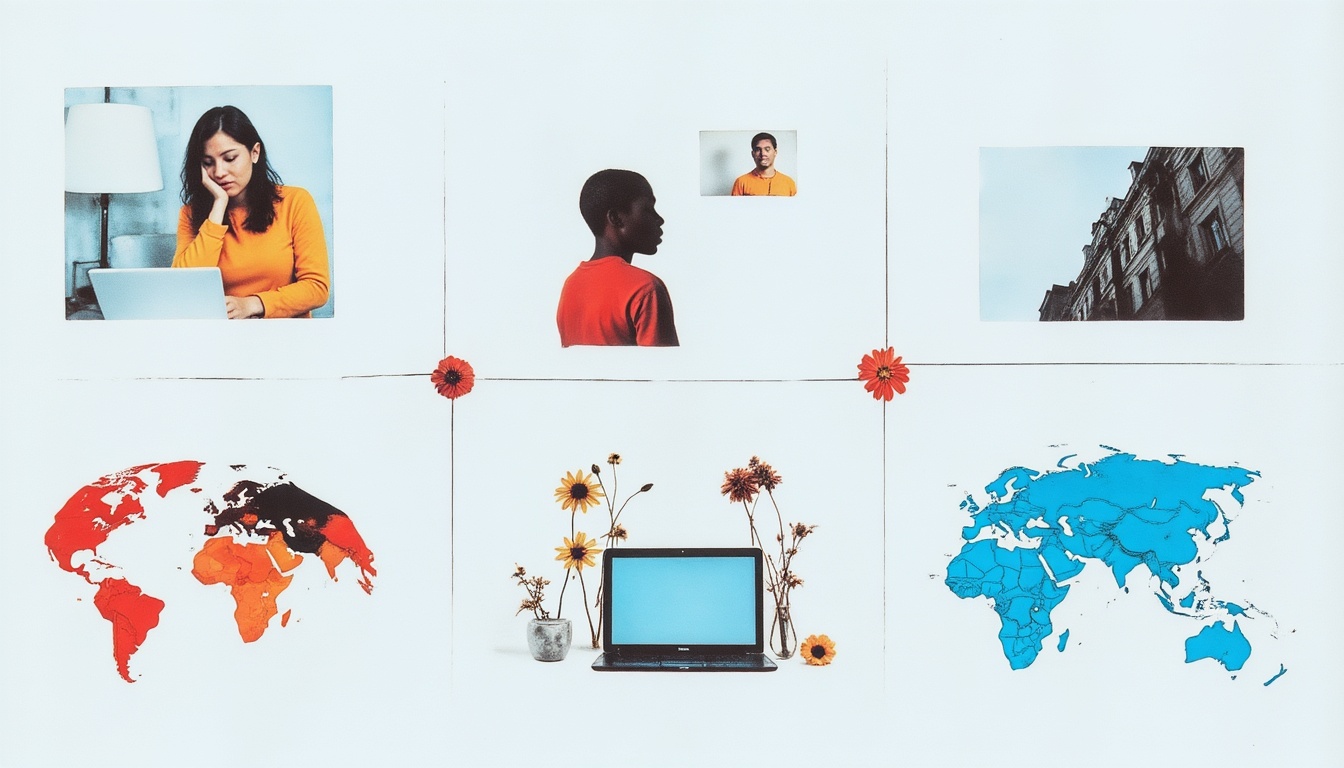Contact Us
Get in touch
For all new business inquiries, please contact us at newbiz@cirrus.com or through the “Get in touch” form.


The way the world learns is undergoing a seismic shift. Traditional education systems, with rigid structures and outdated curricula, are losing ground to agile, purpose-driven learning models. The World Economic Forum forecasts that half of all global employees will need reskilling by 2025, a wake-up call for institutions that still view education as a one-time investment instead of a lifelong process.
In Pakistan, where 64% of the population is under 30, the opportunity to shape this learning evolution is immense. The World Bank reports a staggering 75% learning poverty rate, while a Gallup study notes that nearly one-third of degree holders are unemployed, underscoring the disconnect between what’s taught and what’s needed.
Today’s learners, particularly Gen Z and young millennials, value autonomy, digital fluency, and purpose. They are self-directed, skeptical of traditional systems, and highly responsive to digital-first, on-demand, and personalized learning models. Platforms like Coursera, Khan Academy, and Skillshare have capitalized on this behavior, offering short-form, skills-based learning with built-in feedback loops.
In Pakistan, smartphone penetration now exceeds 51%, opening up unprecedented access to mobile-first education. But access is only the beginning. Learners also demand relevance, empathy, and outcomes.
“We are not here to standardize human capacity, we are here to customize it.” — Sir Ken Robinson

At Cirrus, we’ve embraced this shift. Our work on Taleem Ghar, in partnership with the Punjab Government, delivered 243 animated lessons in just 90 days, addressing curriculum gaps during COVID-19. These weren’t mere videos, they were interactive, bilingual, curriculum-aligned, and visually engaging.
With PSDF, we co-developed blended learning courses like Mobile Repair and Professional Chef Training, combining theory with live demonstrations, soft skills, and LMS-integrated assessments. The goal wasn’t just to train, it was to make learning a sustainable, scalable solution for vocational development.
Globally, microlearning, gamification, AI tutors, and immersive learning are on the rise. Google’s Career Certificates, Microsoft’s Global Skills Initiative, and UNESCO’s Futures of Education report all point toward modular, continuous upskilling as the future.
Pakistan’s opportunity lies in localizing these trends, designing content that speaks in the learner’s language, on their device, and in their context.
Our approach directly advances:
The learning revolution is here. Cirrus is building the blueprint for how Pakistan adapts.